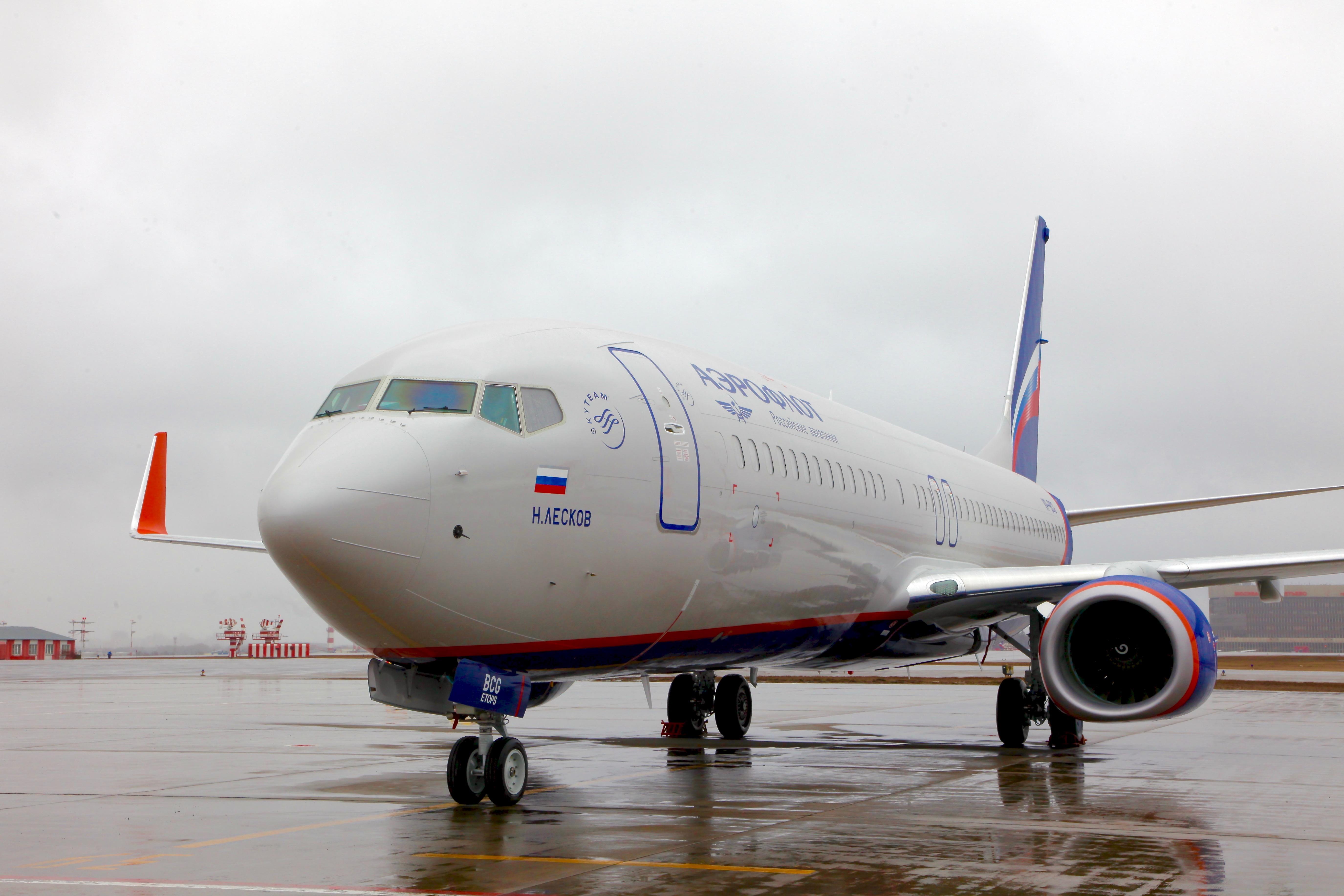
MOSCOW—Aeroflot Group has become the first Russian carrier to ease its lease burden amid the COVID-19 flight restrictions that come as airlines are already contending with the weakened ruble.
One of Aeroflot’s lessors—VTB Leasing, a subsidiary of government owned VTB bank—confirmed Mar. 26 it had agreed to reschedule the flag carrier’s payments for financial and operational aircraft leases in 2020. The lessor didn’t reveal the details, but daily newspaper Kommersant cited industry sources saying the payment for all the leased aircraft for the period April-September 2020 would be postponed until July 2021.
Aeroflot is now leasing 67 aircraft from VTB: 50 Boeing 737-800s, four 747s, two Boeing 777s, nine Airbus A319s, one A320 and one A330. This makes up almost 20% of the group’s fleet that totaled 359 aircraft in the beginning of the year. Some of the leased aircraft are operated by Aeroflot’s subsidiaries. Most of the 737-800s fly with the low-cost carrier Pobeda; the 747s are used by Rossiya while the A319s are operated by both Rossiya and Russia’s Far East regional carrier Aurora.
“We are the first one on the market who agreed to conduct such large rescheduling in the interest of our client,” VTB Leasing CEO Dmitry Ivanter said.
The agreement with VTB could be a big help for Aeroflot as the Russian air travel market is hit by two crises simultaneously. Alongside the coronavirus pandemic that is grounding airlines worldwide, Russian carriers are affected by a weakened national currency after the country started an oil price war with OPEC.
The Russian authorities began to restrict air connections with certain countries in February and as of Mar. 27 has halted all international scheduled and charter flights, excepting repatriation and government-ordered flights.
COVID-19 is likely to seriously affect the group’s fleet expansion plans, which were put on hold in 2019 as Aeroflot struggled for business efficiency at the time. The group had planned to add 55 new aircraft and phase out 13 airframes this year.
The focus was on renewing Aeroflot’s widebody fleet. The group planned to phase out nine Airbus A330 and replace them with 11 A350s. The first one of the type was received in early March, but the airline is now reportedly planning to ground up to a quarter of its fleet this summer.
Aeroflot carried 2.52 million passengers in February, which was down 4% year-on-year.
On Mar. 23 Fitch Ratings revised Aeroflot’s long-term issuer default rating from stable to negative but noted that the group “has lower exposure to COVID-19 disruptions compared with some European peers, due to its significant share of revenue generated in the domestic market.”
Fitch based its ratings downgrade in part on its forecast that Aeroflot’s passenger traffic will fall by 100% in April-May 2020 and by 80% in June before starting to gradually recover. Fitch sees Aeroflots’s annual traffic decline at about 40% for 2020.
Of Aeroflot’s total passengers in 2019, 55% traveled on domestic routes. The group carried 60.7 million people in 2019, taking a 41.3% share of the Russian aviation market.





